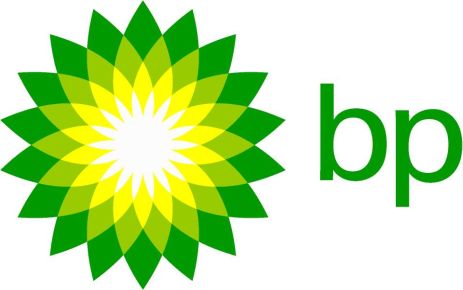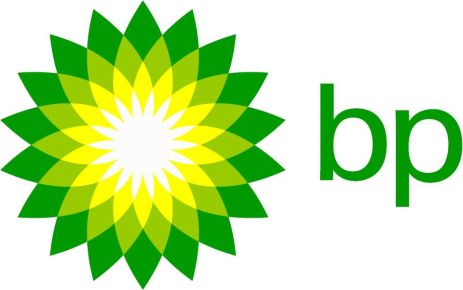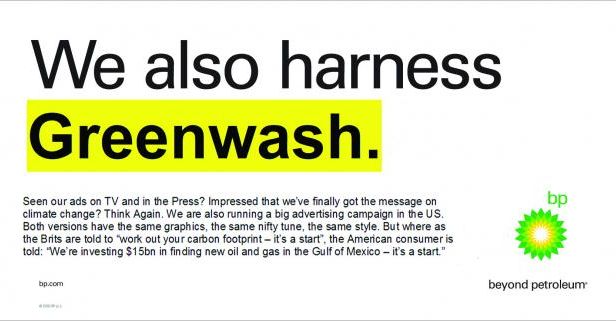 The BP oil spill in the Gulf is heartbreaking, so is the “It wasn’t our fault” denial.
The BP oil spill in the Gulf is heartbreaking, so is the “It wasn’t our fault” denial.
A little walk down memory lane (and not too long of one) should give us good reason to be skeptical of oil giant, BP.
In my new book, I talk about the power of skilled corporate greenwashing to inoculate against public outrage when something tragic, and preventable, like this BP “accident” occurs. I wrote:
BP’s rebranding has been so effective that the company’s rep has been relatively untarnished despite incidents that should have bruised its reputation. One was an explosion at BP’s Texas City refinery in March 2005. The explosions killed fifteen people and the company was fined $21 million for safety violations — a record high — by the U.S. Occupational Safety and Health Administration; safety violations that were connected to company budget cuts. And in March 2006, a BP pipeline leak dumped 267,000 gallons of oil into Alaska’s Prudhoe Bay. Caused by failing equipment that environmental advocates had earlier red-flagged for a fix, the leak went undetected by the company for days. Despite those warnings, BP execs responded that they “had no reason to expect” the pipe to bust a leak.
These two incidents were no “accidents;” they were caused by negligence, negligence that cost fifteen people their lives, injured another 150, and caused untold damage in that Bay. These two incidents alone should have seriously damaged BP’s reputation, but they didn’t?
Authors of Green to Gold, Esty and Winston, suggest BP’s feel-good eco-reputation (gotta love that helios!) may have given the company reputational leeway — what they call the “trust bank” — that inoculated the company for when “bad things” happen.
Esty and Winston quote a “knowledgeable observer” who said, “It was fascinating how much slack the environmental community cut BP. Their investment in being seen as good guys paid off handsomely.”
Check out this culture jamming “subvert” on BP from London Rising Tide:





